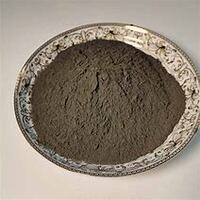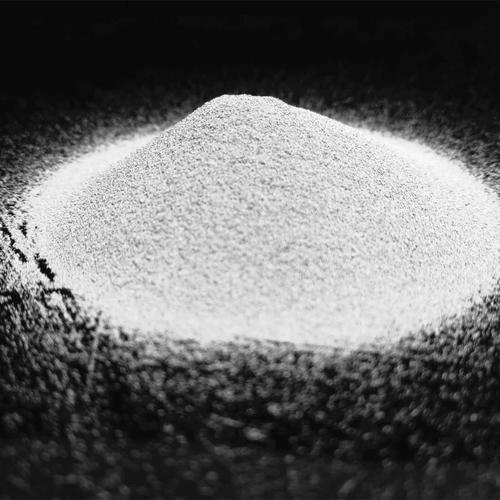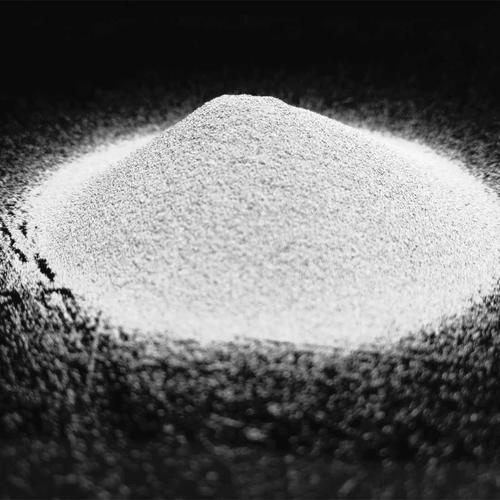1. Introduction
If you’re exploring advanced manufacturing, metallurgy, or even specialty chemicals, you’ve probably come across titanium powder—or ‘ti powder’—and wondered: how much does it actually cost? And more importantly, where can you buy it without getting ripped off or compromising on quality?

Titanium powder isn’t your average hardware store item. Its price varies wildly based on purity, particle shape, alloy type, and production method. Whether you’re sourcing spherical titanium powder for additive manufacturing or looking into tio2 nano powder for cosmetics, understanding the market is key.
2. Understanding Titanium Powder Types and Their Uses
Not all titanium powders are created equal. The right type depends entirely on your application.
2.1. Pure Titanium Powder vs. Alloy Powders
Pure titanium powder is used in chemical processing and some biomedical implants. But most industrial users opt for titanium alloy powder—especially ti6al4v powder (also called ti64 powder), the gold standard for aerospace and medical 3D printing.

- Ti6Al4V powder price typically ranges from $300 to $800 per kg, depending on particle size distribution and sphericity.
- Pure titanium powder is slightly cheaper but still costs $200–$500 per kg.
2.2. Production Methods Matter
Gas atomized titanium powder is preferred for 3D printing because it’s spherical, flows well, and packs densely. HDH (Hydride-Dehydride) titanium powder is irregular-shaped and cheaper—but not ideal for high-precision additive manufacturing.
Spherical titanium powder commands a premium due to its performance in laser powder bed fusion systems.

2.3. Specialty Powders
Beyond standard grades, niche variants exist:
- Titanium nitride powder and titanium carbide powder are used in coatings and cutting tools.
- Titanium diboride powder (TiB2) and titanium boride powder enhance wear resistance in composites.
- Titanium flash powder is pyrotechnic—not for industrial use!
- Tih2 powder (titanium hydride) is a precursor in powder metallurgy.
3. Titanium Powder Price Breakdown
So, what’s the real titanium powder price per kg?
For titanium powder for 3D printing, expect to pay anywhere from $250 to $900/kg. The titanium powder for 3D printing price hinges on certification, oxygen content, and supplier reliability.
Tio2 powder (titanium dioxide) is far cheaper—often under $10/kg in bulk—but that’s a ceramic oxide, not metallic titanium. Don’t confuse tio2 nano powder with conductive titanium metal powder.
Burnt titanium powder coat or contaminated batches may be sold cheaply, but they’re risky for critical applications.
4. Where to Buy Titanium Powder Safely
Buying titanium powder isn’t like ordering office supplies. Quality control is non-negotiable.
4.1. Choosing a Reputable Titanium Powder Supplier
Look for suppliers who provide:
- Certificates of Analysis (CoA)
- Particle size distribution data
- Oxygen/nitrogen content reports
- Compliance with ASTM or ISO standards for additive manufacturing
International titanium powder vendors like AP&C (now part of GE Additive), Carpenter Additive, and TLS Technik are trusted names. Smaller labs should verify if a supplier offers samples before bulk orders.
Avoid obscure online marketplaces unless the seller has verifiable credentials. ‘Titanium powder for sale’ listings with no specs are red flags.
4.2. Beware of Misleading Listings
Some sellers advertise ‘titanium powder’ but actually ship tio2 or even titanium-coated diamond powder. Always confirm if it’s titanium metal powder—not an oxide or composite.
Also, titanium dust is highly flammable. Reputable suppliers package it under argon or vacuum to prevent oxidation or fire hazards.
5. Related Metal Powders: Molybdenum and Tungsten
While shopping for ti powder, you might encounter other refractory metal powders used in similar high-temp applications.
Molybdenum powder (moly powder) is common in furnace parts and electronics. Molybdenum disulfide powder (MoS2 powder) serves as a dry lubricant—very different from titanium! Prices range from $50–$150/kg depending on purity.
Tungsten powder is denser and used in radiation shielding and heavy alloys. Tungsten carbide powder price per kg can exceed $100, while pure tungsten powder costs $30–$100/kg. Global Tungsten & Powders Corporation is a major player here.
Don’t mix them up—each has unique properties. For example, tungsten powder density is ~19.3 g/cm³ vs. titanium’s ~4.5 g/cm³.
6. Practical Tips Before You Buy
- Define your application first. Are you doing titanium powder additive manufacturing? Then you need gas atomized, spherical ti64 powder.
- Request a sample. Test flowability, packing density, and compatibility with your printer or process.
- Compare titanium powder cost per kg across at least three verified suppliers.
- Check shipping regulations. Titanium powder is often classified as hazardous material for transport.
- Consider total cost: cheap powder that clogs your 3D printer nozzle ends up costing more in downtime and failed builds.
7. Conclusion
Titanium powder price isn’t just a number—it reflects chemistry, morphology, and reliability. Whether you’re buying ti6al4v powder for aerospace prototypes or exploring tio2 nano powder for sunscreen formulations, always match the material to your use case.
Stick with certified titanium powder suppliers, understand the difference between titanium metal powder and oxides like tio2, and never compromise on safety data. With the right approach, you’ll get performance—and value—without surprises.
Our Website founded on October 17, 2012, is a high-tech enterprise committed to the research and development, production, processing, sales and technical services of ceramic relative materials such as How. Our products includes but not limited to Boron Carbide Ceramic Products, Boron Nitride Ceramic Products, Silicon Carbide Ceramic Products, Silicon Nitride Ceramic Products, Zirconium Dioxide Ceramic Products, etc. If you are interested, please feel free to contact us.
